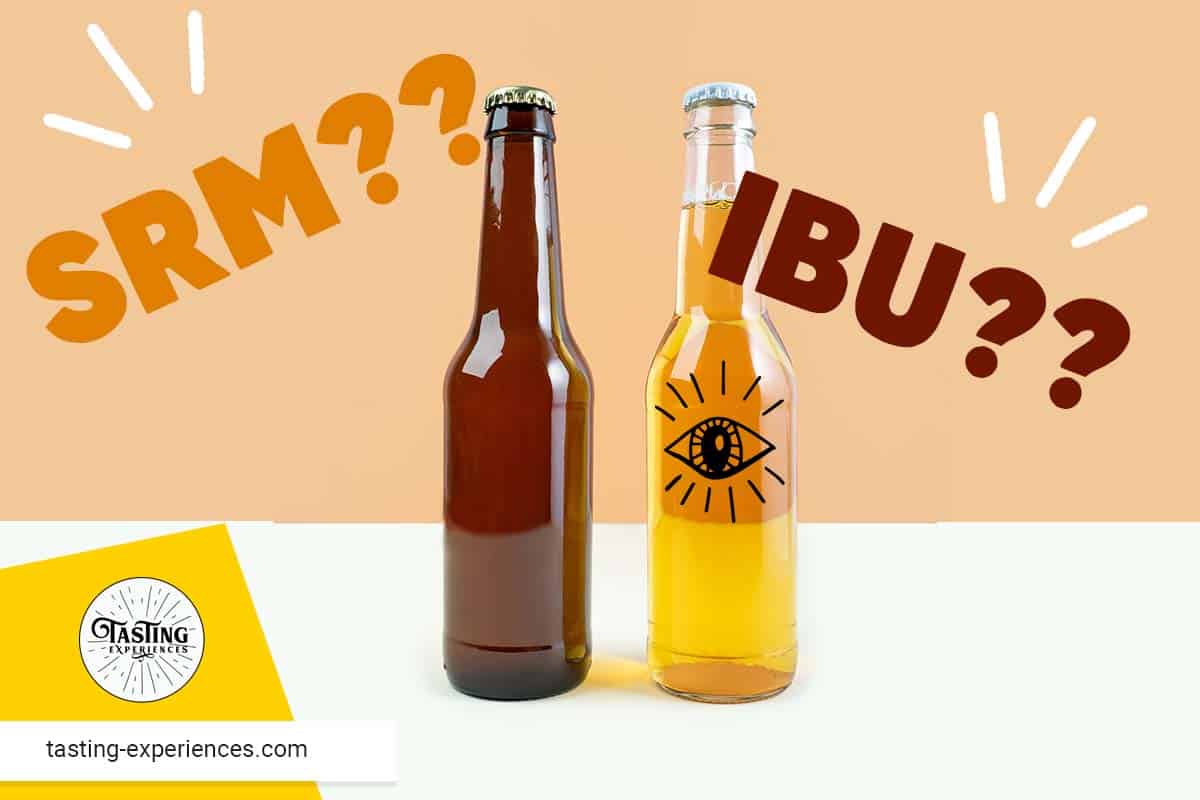Colour is an essential element of beer tasting, and the SRM is a fantastic tool for evaluating the color of your beer. SRM stands for Standard Reference Method, and it’s a numerical scale that measures the color of your beer. The SRM scale ranges from 1 to 40, with 1 being the lightest color and 40 being the darkest color.
So why is the SRM so important when it comes to evaluating beer?
The answer is simple: the SRM can help you understand the flavor profile of your beer. Lighter beers tend to have a milder flavour, while darker beers tend to have a more complex flavour. This is because darker beers typically have more malt and roast flavors, which contribute to the beer’s overall taste. When you understand the SRM of your beer, you can anticipate the flavour profile and decide if it’s right for you.
But the SRM is not just for beer connoisseurs. It can also be used by homebrewers to achieve the desired colour for their beer. By adjusting the grains used in the brewing process, homebrewers can manipulate the SRM of their beer. For example, if a homebrewer wants a lighter beer, they can use grains that have a lower SRM value, such as Pilsner malt. If they want a darker beer, they can use grains that have a higher SRM value, such as roasted barley. By understanding the SRM, homebrewers can fine-tune their recipes and achieve the desired colour for their beer.
The SRM can also be a fun way to impress your friends during a beer tasting. You can compare the SRM of different beers and see if your taste buds match up with your eyes. For example, you might be surprised to find that a beer with a higher SRM value tastes lighter than a beer with a lower SRM value. Or, you might discover that you prefer beers with a higher or lower SRM value.
So How about the IBU?
When it comes to beer, the flavour profile is everything. And one of the key factors that influence the taste of beer is the bitterness level, which is measured in International Bitterness Units, or IBUs. IBUs are a numerical scale that measures the bitterness of beer, and understanding them can help you appreciate the complexity and balance of your favourite brews.
Understanding the IBU of your beer can also help you pair it with the right foods. Beers with a high IBU value can complement rich, fatty foods, while beers with a low IBU value can pair well with lighter dishes such as salads or seafood. By considering the IBU value of your beer, you can enhance your overall dining experience.
IBUs can also be a fun topic to discuss during a beer tasting. You can compare the IBU values of different beers and see if your taste buds match up with your expectations. You might be surprised to find that a beer with a lower IBU value tastes more bitter than a beer with a higher IBU value. Or, you might discover that you prefer beers with a certain IBU range.
The IBU scale typically ranges from 0 to 100, with 0 being the least bitter and 100 being the most bitter. The bitterness in beer comes from hops, which are added during the brewing process to balance the sweetness of the malt. Hops contain alpha acids, which contribute to the bitterness of the beer. The more hops that are added, the higher the IBU value will be.
But why does the bitterness level matter when it comes to beer? Well, the bitterness of beer can affect its overall flavour profile. Beers with a high IBU value tend to have a more pronounced bitterness, which can be appealing to some beer drinkers. On the other hand, beers with a low IBU value tend to have a milder, more subdued bitterness, which can be more approachable to others



